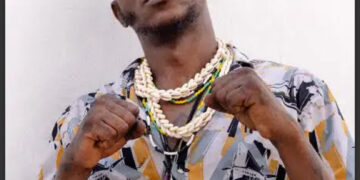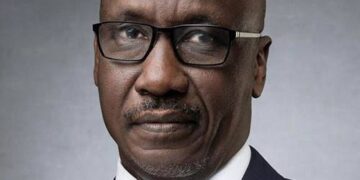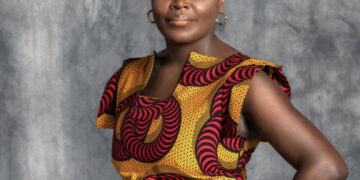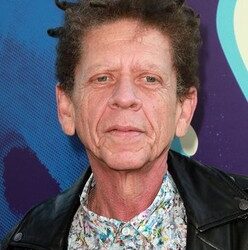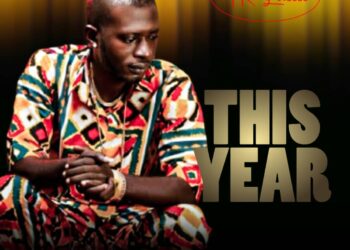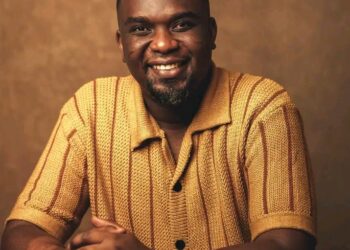Bright Chimezie is a Nigerian musician who gained fame in the early 1980s, known for his unique music style called Zigima Sound. Originally from Abia State, Nigeria, Chimezie blends traditional Nigerian music, Igbo highlife, and chanted vocals in his songs. His music tackles important societal issues like colonialism, economic exploitation, and cultural identity, all while injecting humor into his lyrics.
Profile Summary
| Full Name: | Bright Chimezie |
| Date Of Birth: | October 1, 1960 |
| Place Of Birth: | Umuahia, Abia State, Nigeria |
| State Of Origin: | Abia, Nigeria |
| Nationality: | Nigerian |
| Spouse: | Chinyere Chimezie |
| Children: | 5 |
| Occupation(s): | Singer, Songwriter, Performer |
| Labels: | Keys Recordings |
| Net Worth: | 600,000 |
Early Life And Education
Bright Chimezie was born in 1960 in Umuahia, Abia State, Nigeria, into a clergy family. At age 7, he began his musical journey with his clan’s cultural group, eventually leading it.
Despite challenges during the Civil War, he pursued education at Ohuhu Community Secondary School in Amaogwugwu, Umuahia, where he honed his musical talents and made his TV debut in 1976.
Joining the Modernized Odumodu Cultural Dance Group post-school, Chimezie immersed himself in storytelling through music.
Later, in Lagos, he joined the Nigerian Customs and Excise Dance Band before forming his group, Ziggima, in 1984, combining African music elements and Igbo traditions with energetic dance moves.
Ziggima’s name comes from the Igbo phrase “o zi gi ma,” translating to “the message that you already know.”
Career
In 1984, Bright Chimezie, aka Okoro Junior, burst onto the music scene with the formation of the Ziggima Movement and their inaugural album, “Respect Africa.” The tracks, like “Respect Africa,” “Message Boy,” “Liza,” “Where is Love,” and “Nnem Oma,” quickly became hits, capturing audiences with their vibrant sounds.
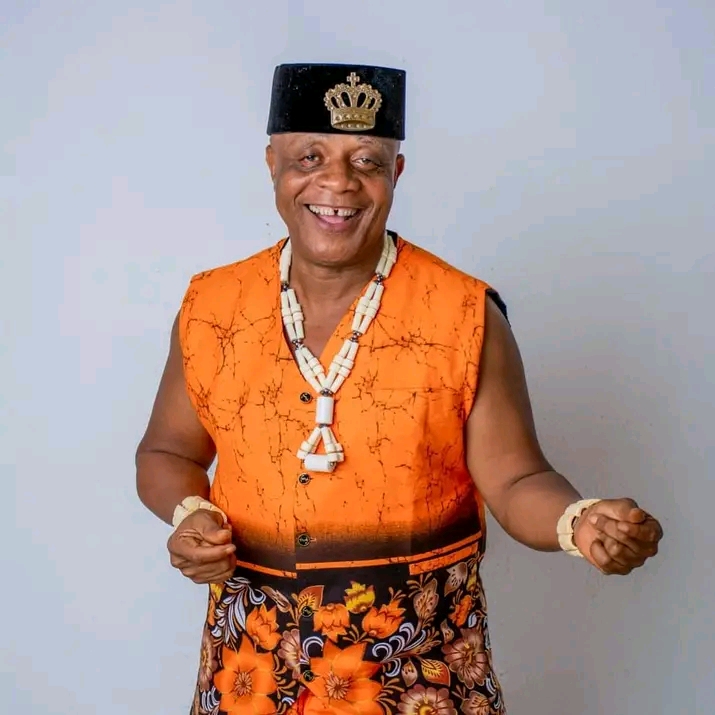
Following this success, Chimezie continued his musical journey in 1985 with the release of “Life of Yesterday.” Over the course of his career, he has crafted a total of eight albums, each adding to his musical legacy.
Throughout his adventures in music, Chimezie has taken his lively performances to global stages, dazzling audiences from London to Austria and even in Brazil.
Notably, he proudly represented Nigeria at the OPEC Cultural Festival in Caracas, Venezuela, showcasing the rich musical tapestry and cultural heritage of his homeland.
A momentous highlight in his career was performing for the revered Nelson Mandela upon the iconic leader’s visit to Nigeria following his release from prison in 1992.
Bright Chimezie’s musical repertoire boasts several timeless tracks such as “Ube Nwanne,” “Because of English,” “Respect Africa,” and “African Style,” each resonating with the essence of African culture and values.
This unwavering dedication to promoting his heritage earned him the esteemed moniker “The Duke of African Music,” and his dynamic dance moves have become just as legendary as his music.
In addition to his musical endeavors, Bright Chimezie has made appearances in several Nigerian movies, including “Deadly Proposal,” “Abuja Boys,” and others.
Awards And Recognitions
Bright Chimezie has been honored with awards from prestigious institutions like the University of Nigeria, Nsukka, and the Nigerian Union of Journalists, Tribune Chapter, for his remarkable contributions to music.
A notable accolade came in the form of the title “Duke of African Music,” bestowed upon him by Oba Omowonuola Oyeyede Oyeyonsin II, a respected royal figure from Oyo State in southwestern Nigeria.
Personal Life
Bright Chimezie and Chinyere Chimezie share their lives together, raising a family of five children: Kelechi, Chukwuemeka, Chukwudi, Chinemeze (Michael), and Chidinma.
Bright Chimezie Net Worth
Bright Chimezie’s net worth is estimated to be $5 million, a testament to his successful music career, diverse talents, and entrepreneurial ventures.
Discography
Here are some notable songs of Bright Chimezie:
- Respect Africa
- Message Boy
- Liza
- Where is Love
- Nnem Oma
- Ube Nwanne
- Because of English
- African Style


